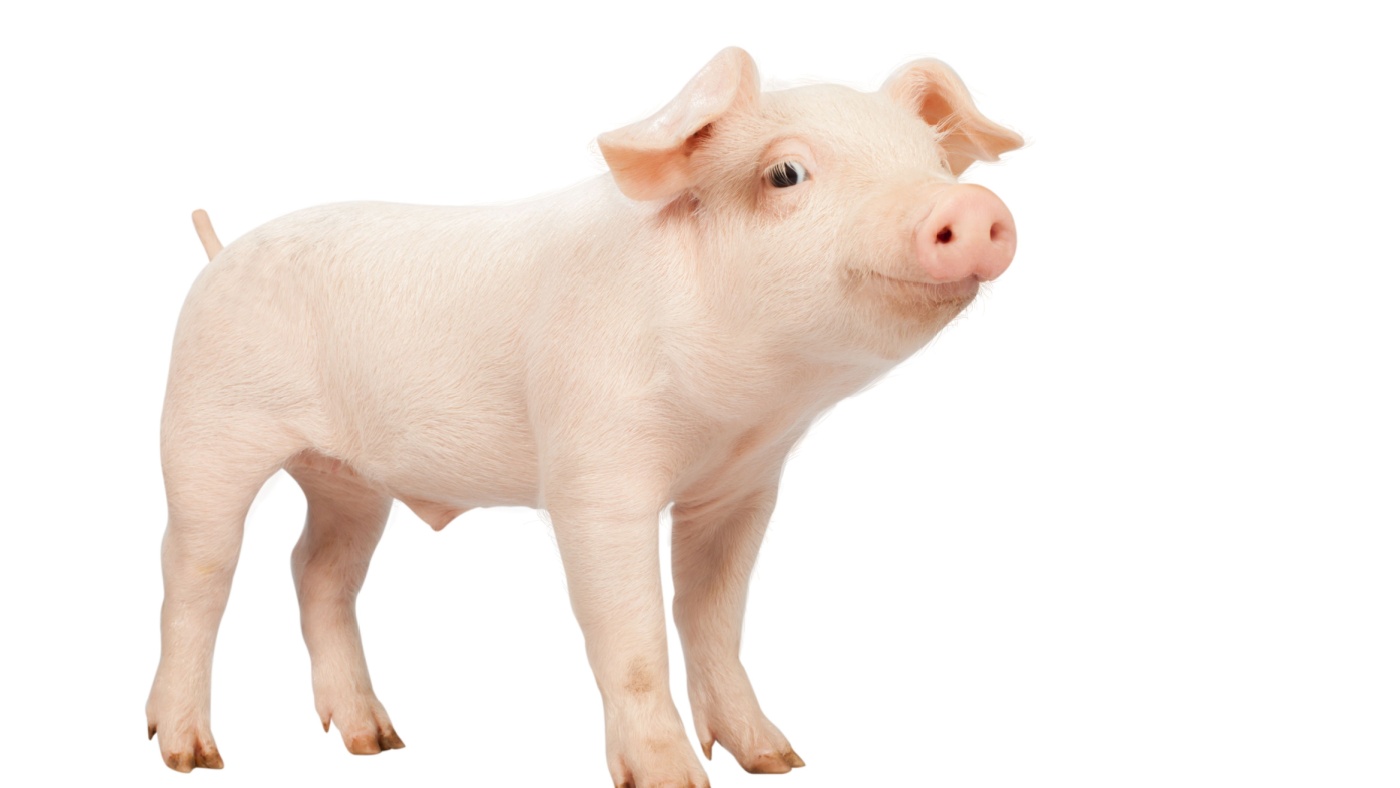2023 was a rough year for U.S. pork producers. During a recent press conference, National Pork Producers Council CEO Bryan Humphreys had more optimism for the rest of 2024.
“I think there’s some opportunity for optimism as we look at 2024, and part of that is an increase in domestic consumption. The other part of it is with a reduced input cost. One of the things it’s worth noting, though, for the American pork producer is that there are some fixed expenses when we talk about interest, we talk about labor, we talked about capital improvements that are up almost 20 percent. And when you add that into the baseline of pork production, you have some significant challenges in being cost-competitive. And so, we look forward to hopefully a profitable year for our industry in ‘24, recognizing the headwinds that we ran into in late ‘22, and all of ‘23.”
Almost 100 pork producers took part in the NPPC’s annual fly-in to Washington, D.C. NPPC President Lori Stevermer says they have several topics to discuss with lawmakers. One of the biggest concerns is an adequate labor supply.
“I think there are, as we alluded to, a number of issues, I mean, with Prop 12 still on individuals’ minds, I will say labor is becoming a big concern with a lot of our farms. It’s probably the one topic that I’m starting to get more questions on and more comments from our farms, whether it’s the TNs or H2-As, but just really a concern about the ability for our farms to have labor long term.”
Rob Brenneman is an Iowa pork producer who’s dealing with the struggle to find enough labor to run his farm.
“Washington County, Iowa, is a very employed county. It’s hard to get labor locally. With the TN program, something has changed in that program. It’s not as easy to get TNs as we had, and so we need to address that issue because labor is a big deal to us. And when you look at Prop 12, for example – which we have a large Prop 12 farm- that requires a little more labor, and it also requires a little more use of technology to help us to be more productive in that situation. The two go together because Prop 12 takes more labor also.”
Speaking of Prop 12, NPPC is looking for a bipartisan solution to the challenge in Congress.
“While there are some things like the EATS Act that are on the table, this needs to be a bipartisan solution, and to work through and recognize that there’s some balance that we have to have here, and we understand that. But as we look forward, our goal and the direction that we have from our board and our producers is to ensure that there is not a patchwork of 50 different regulations from across the country to ensure that we can provide stability to our producers to do what’s right for their farms and their animals and make sure that they can raise those animals in the best way that they know how on their farms. There are a lot of options that this could take. That’s why we continue to meet with both the House and the Senate, with Republicans and Democrats, because we’re trying to navigate and find a bipartisan solution as we move forward here.”


